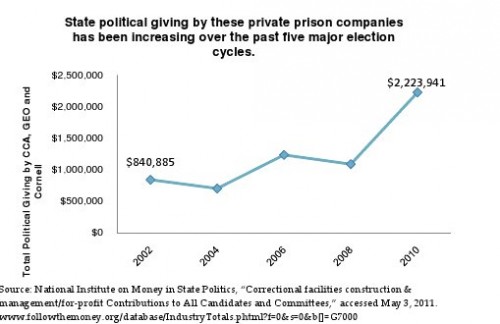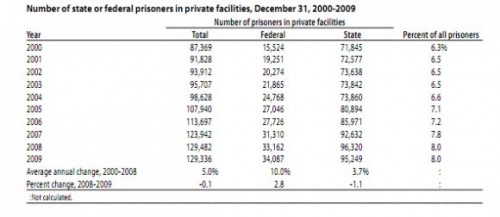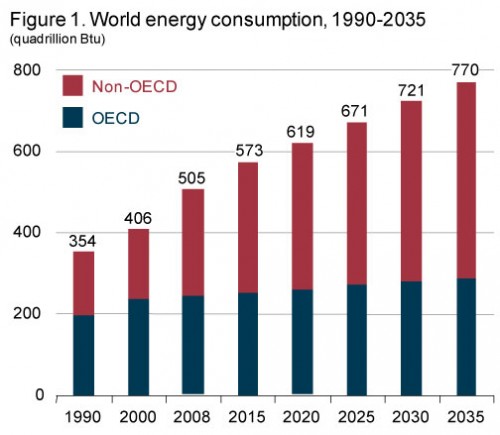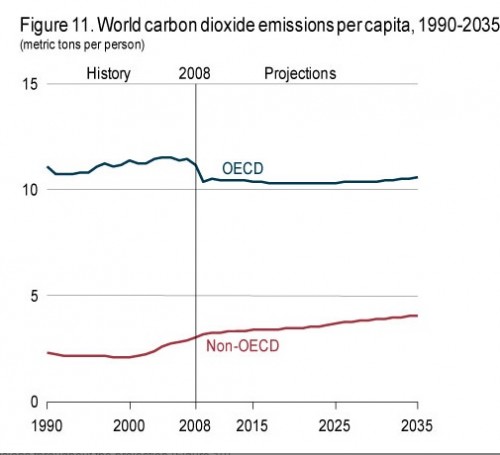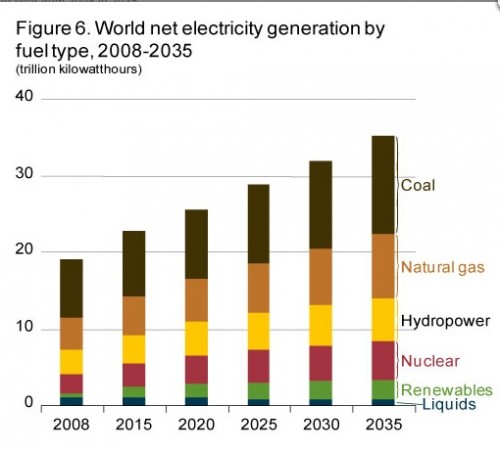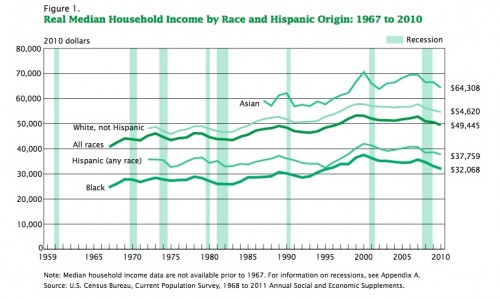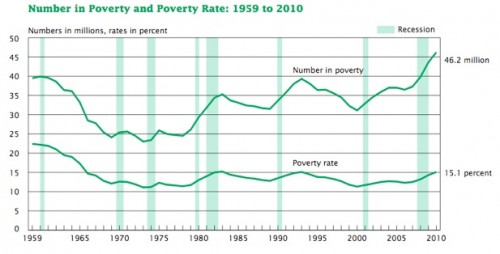Shamus K. posted this clip from the show QI, in which Stephen Fry provides a 3 1/2 minute primer on the truly stunning statistics about U.S. imprisonment rates:
Relatedly, Tara B. provided a link to data posted at Think Progress about the growth in lobbying by private prison operators, who receive contracts to house prisoners; their political contributions nearly tripled between 2002 and 2010:
Private prisons are still a minor, but growing, segment of the U.S. prison system. As of 2009, they housed 8% of all federal and state prisoners:
For more on private prisons and their lobbying efforts, see our earlier post on the role of Corrections Corporation of America in passage of the Arizona anti-immigration law.

